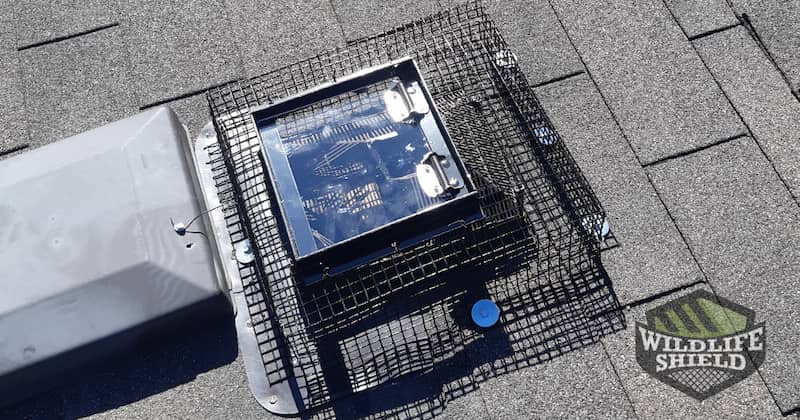Ah, the raccoon. With their unique masks and quick paws, raccoons are often thought to be smart and curious. These smart animals have done a great job of adjusting to life in cities. Raccoons may look innocent or even cute from a distance, but if they decide to sneak into your home, they can be very troublesome. In this blog post, we’ll talk about how rats can sneak into your home and what you can do to keep them out.
Figuring out how raccoons act
Raccoons are very flexible and will take advantage of any chance they get. Their strong sense of smell, flexible front paws, and sharp claws help them climb well and find solutions to problems. To keep them away from your home, you need to know how they act.
Common points of entry
Raccoons can get into your house through a number of ways, such as:
Attics: Raccoons are well known for making their dens in attics. They can easily get in through broken roofs, vents, or chimneys without caps.
Crawl Spaces: Raccoons can get into homes that have crawl spaces, especially if there are holes or gaps.
Raccoons can get into your garage through open doors, holes in the walls, or broken windows.
Basements: Raccoons can get into your basement if there are holes or cracks that aren’t blocked.
Tricky Methods
Raccoons can get into your house in a number of sneaky ways:
Raccoons are really good at climbing. They can get to your roof by climbing up trees, drains, or drainpipes.
Ripping: They can tear through roofs, vents, and screens with their strong front paws and sharp claws.
Chewing: Raccoons can chew through wood, plastic, and even electrical lines, which gives them new ways to get in.
Signs of a Raccoon Breaking In
To limit the damage, it’s important to notice a raccoon attack as soon as possible. Watch out for these:
Strange Noises: Raccoons are nocturnal, so you might hear banging, scratching, or chattering sounds coming from your attic or walls at night.
Damage: Check your house for any damage to the structure, such as torn insulation, chewed wires, or ripped screens.
Droppings: Raccoon poop, which often looks like the poop of a small dog, can be found near entry spots and in attics.
Odour: Raccoons can be found if their pee and feces smell very bad.
Keeping Raccoons from Coming In
Now that you know how raccoons can get into your house, let’s look at some ways to keep them out:
Secure Entry Points: Check the outside of your home often for possible entry points and fix any damage right away.
Trim Trees and Plants: Cut back tree branches that hang over your roof, as raccoons can use them as bridges to get into your home.
Get rid of raccoons from your yard by putting your trash in trash cans that can’t be opened by animals.
Install motion-activated lights. These can scare raccoons away so they don’t come near your house.
Seal Food Sources: Don’t leave pet food or bird seed out where raccoons can find it.
Professional Help: If you think rats have already moved into your home, you should call a professional. Wildlife removal pros can get rid of them in a safe and kind way.
In the end,
Raccoons are smart and savvy animals that can get into your home if they have the chance. You can keep these silent attackers out of your home by knowing how they act, knowing the signs of an invasion, and taking preventive steps. Remember that it’s important to take care of rat problems right away to limit damage and health risks.
Guaranteed raccoon removal services in Cobourg utilizing proven and successful methods. Raccoons are intrusive and destructive wildlife animals that enter your premises in several different ways. We specialize in removing raccoons from main attics, chimneys, decks, and more. Our qualified and insured crew of raccoon control specialists is equipped to remove raccoons and keep them out for good using durable materials.
